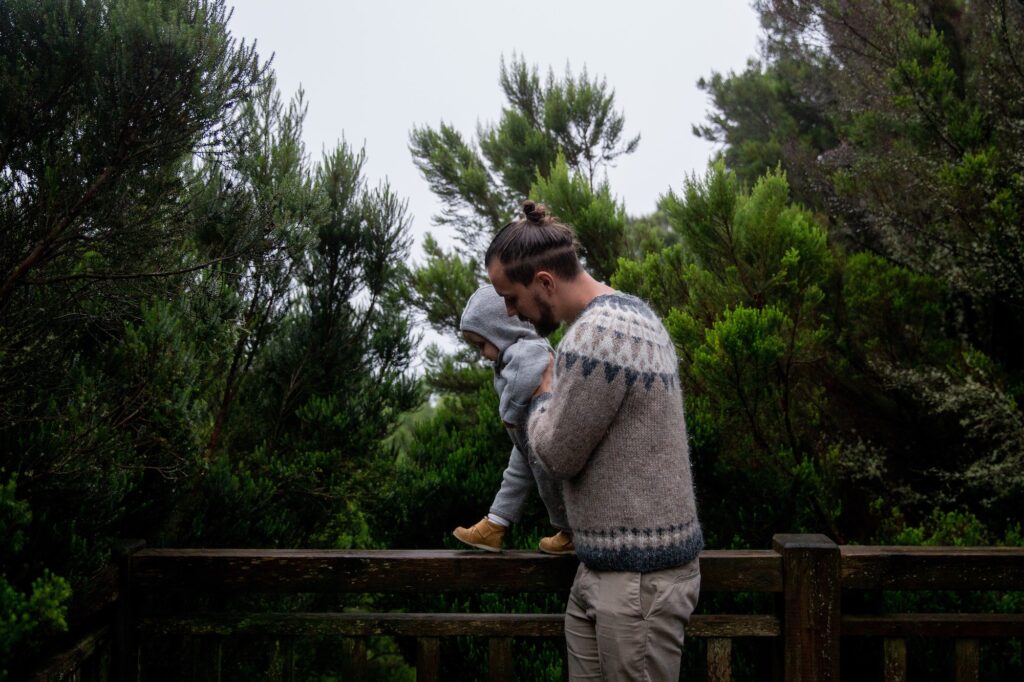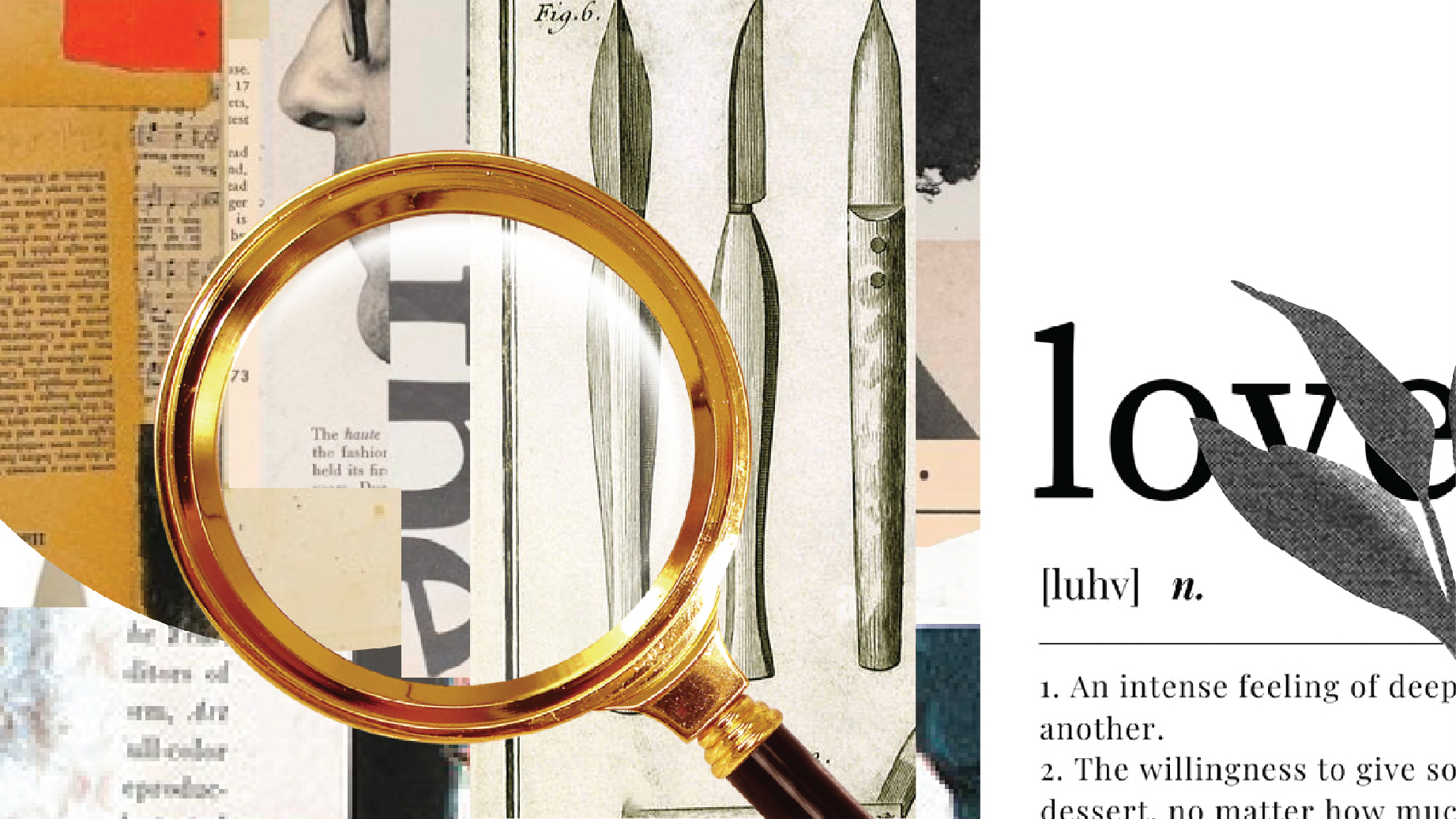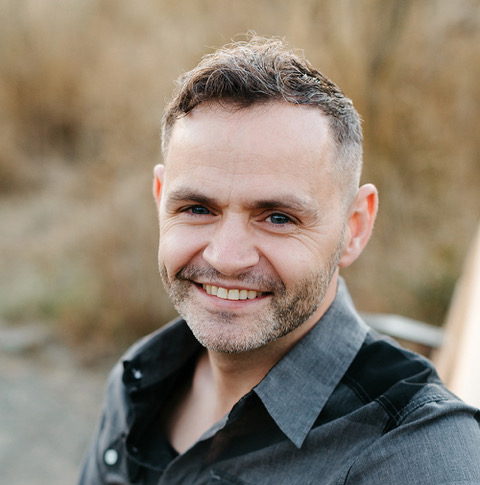
Human beings have an innate attraction to strength and corresponding prejudice against weakness. Though our views of what constitutes strength or weakness are culturally bound, nonetheless across our cultures we favor strength over weakness. Without realizing it, this implicit bias drives a lot of our attitudes and actions, including our approach to discipleship.
Somewhere in our development we come to assign positive worth to strength and negative worth to weakness, despite the fact that strength and weakness are morally neutral traits. Where does this negative view of weakness come from? As we are about to see, this destructive habit finds its origin in the Fall, and thus building a redemptive theology of weakness is necessary for the healthy functioning of the Church.
The Bible opens with the story of creation. In Genesis 1-2, God creates humankind, creatures ontologically dependent upon him for both existence and continued sustenance. Like all other creatures, humanity was created with limitations and need. These limitations mark us as not-God and are an unavoidable aspect of being created. For example, God is omniscient, omnipotent, and omnipresent, while humans are granted limited knowledge, limited power (we need to eat, sleep, etc.), and a finite embodied existence (we can only be in one place at one time).1 The triune God is clearly seen in Scripture as self-sustaining and self-sufficient; in contrast creation is dependent upon him for its ongoing existence, as well as dependent on one another, upon creatures, and upon the land itself. Millard Erickson wrote: “That humans are created means that they have no independent existence . . . They may declare themselves independent and then conduct themselves as if they are, but that does not alter the fact that their very life and each breath they continue to take are from God!”2
These creaturely limitations existed at the inception of humanity and are part of what God declared “very good” (Gen 1:31). That these designed “weaknesses” existed pre-Fall means they are morally neutral. Strengths and weaknesses are an inescapable aspect of creatureliness; so mankind can only function in right relationship to the Creator from within these limitations. Our weaknesses remind us to depend upon God to supply what is lacking, a dependent relationship that has accepted these weaknesses as a requisite condition. But humanity rejected these limitations. Much of the rest of the Bible could be said to chronicle humanity’s continued attempts to transcend these God-given limitations.
Designed weaknesses in humanity function not only in the vertical orientation— between Creator and creature—but also in the horizontal sphere, creature to creature. God fashioned humans to be dependent not only upon him for a flourishing existence, but upon one another. Having created man and placed him in the garden, God exclaimed, “It is not good for the man to be alone” (Gen 2:18). This is the only time in the creation account that something is “not good.” In God’s design, man needed a partner. Humans cannot flourish apart from intimate connection with other humans.
Within these vertical relationships, human weakness (just like human strengths) are vehicles of uniqueness that distinguish one person from another and promote interdependence. For example, physiological limitations for each sex mean man and woman are dependent upon each other in procreation—a man has no eggs and cannot birth a child while a woman cannot produce sperm to fertilize an egg. Consider other areas of uniqueness: Someone is tall, another is short; for one to be above average in intelligence, another must be of average intelligence (or below average intelligence); one person is musical, another administrative, another is athletic, and someone else is empathetic. But note that the distribution of abilities—an act of God’s common grace—also implies the withholding of abilities. Our limitations as well as our gifts help differentiate us from one another, each person fearfully and wonderfully made.
While these divine endowments give one a unique function by which he or she can serve in the world, the recognition of weakness and need is the ground on which one learns to be dependent upon and work in cooperation with fellow human beings. Sadly, in this fallen world, where strength is exalted and weakness is feared, these weaknesses have been assigned negative value.
At the end of Genesis 2 we find Adam and Eve in the garden naked and unashamed, a beautiful picture of the freedom, innocence, and vulnerability experienced between God and humans, and between one another. The harmonious existence of Eden involved in part their willingness to dwell as creatures in relationship with their Creator. The temptation scene of Genesis 3 narrates the invitation to transcend these God-given limitations. The serpent entices the woman to overstep God’s established boundaries by presenting the prospect of Godlikeness: “you will be like God” (Gen 3:5). In reaching for the forbidden fruit, several things took place: Eve doubted God’s words, questioned his love, rejected his care and took matters into her own hands, viewed her limitations as negative, transcended the limits God established, and through it all submitted to the authority of the chaos creature.
The serpent sowed simultaneously a desire for Godlike strength (in the form of more knowledge) and a rejection of her creaturely weakness, limited knowledge. Eve rejected trust-fueled dependence upon God in favor of autonomy from God. In the Fall, Adam and Eve chose an illusion of being all-knowing, rejecting their creaturely boundedness and established a new behavioral pattern of avoiding dependence in favor of independence. Taking this one step further, they rejected these now negative weaknesses through their own strength-based effort.
Their subsequent behavior is heart-wrenching. Realizing they are naked, they feel shame for the first time, and aware of their guilt they have their first encounter with fear. Confronted with their weaknesses, they don’t like it, so they use their limited God-given independent power and freedom to fix the problem the best they can. Feeling shame, they cover themselves. Feeling guilt, they hide. In these two acts they erect the first barrier (a leaf) between two people and place a physical barrier (a bush) between them and God. A pattern of hiding and covering begins, which may be why from this point onward, a counter-pattern emerges where God “deliberately sav[es] and us[es] those who are transparently most disqualified—as long as their weakness is acknowledged.”3 In a world enraptured by strength, God uses the weak and foolish to enact his plan for the restoration of humanity and the establishment of his kingdom on earth as in heaven.
While ontological weaknesses are part of God’s very good creation, the fallen pursuit of Godlikeness means our relationship to our creaturely weakness is distorted and negative value is now assigned. Millard Erickson explains:
Limitation is not inherently bad. There is a tendency to bemoan the fact of human finiteness. Some, indeed, maintain that this is the cause of human sin . . . But the Bible indicates that having made the human with limitations that go with creaturehood, God looked at the creation and pronounced it “very good” (Gen 1:31). Finiteness may well lead to sin if we fail to accept our limitation and to live accordingly, as we shall observe shortly. But the mere fact of our limitation does not inevitably produce sin. Rather, improper responses to that limitation either constitute or result in sin.4
We need to rethink our attitude toward weakness.
Since the Fall, fallen manifestations of weakness now exist alongside ontological weakness, and yet even these weaknesses have an important role to play. Fall-induced weaknesses take a variety of forms: physiological weakness (physical, emotional, psychological, social, and personality challenges and ailments), socio-economic weakness (poverty, oppression, prejudice, injustice), moral weakness (proclivities opposed to God’s will), volitional weakness (weakness of will co-opting our desire to do good), salvation weakness (our inability to overcome our alienation from God), glorification weakness (our inability to become like Christ), and the ultimate weakness: death.5
While fallen weaknesses mar God’s original design, at no point are they labeled sin nor do they decry the value God has given to humanity. Alan Black writes, “The Pauline conception is that of the weakness yet nobility of humanity, for in his thinking the human problem is sin, not the infirmity, finiteness, and mortality that characterize all dependent life.”6 Thus we should avoid equating fallen weakness with sin.
This distinction between ontological weakness and fallen weakness is crucial. In order to deepen as students of Jesus we must learn to embrace our ontological weakness and to embrace and expose fallen weakness, trusting God to use these weaknesses as conduits of divine empowerment. This we do eagerly, making every effort in cooperation with the Spirit to resist sin while awaiting the day when fallen weakness is eradicated forever.

